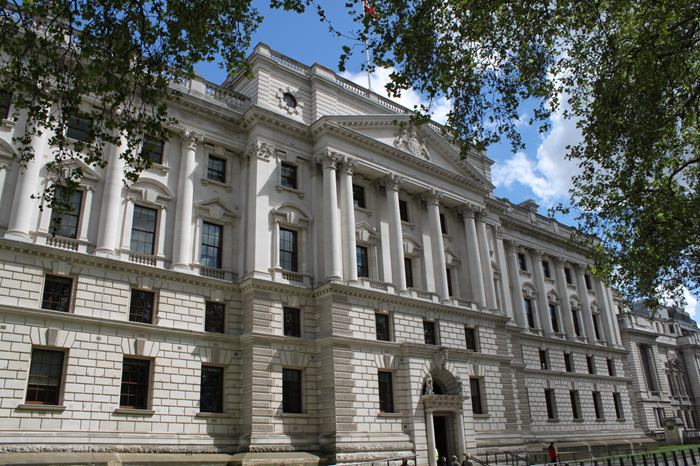Yesterday I posted about what the CMA can do to help restore stability and protect its independent decision-making after the replacement of its Chair. Today I want to focus on why the CMA’s independence is also in the government’s interests – and what ministers can do now to protect it.
To start with, let us remind ourselves why the last Labour government decided that the competition authorities should take their decisions on mergers independently. In the old days when such decisions used to fall to ministers, they could come under pressure to clear or block individual mergers for a whole variety of reasons on vague ‘public interest’ grounds. This proved to be bad politics because it drew ministers into controversies that could rarely be resolved in a way that kept every stakeholder happy, and meanwhile the stories could distract ministers and the media from the government’s broader agenda. It was also bad for businesses and investors, because they had no objective way of assessing how their case would be decided, and of whether the political winds might be more likely to blow in favour of a clearance or a prohibition in a given transaction. By putting decision-making into the hands of bodies at arms-length from government, and by setting an objective economic test for whether a deal should be cleared, both these problems were addressed. Over time the UK developed a reputation for a stable and predictable regulatory framework in which markets could have confidence.
In recent years there have been a small number of merger decisions by the CMA which have caused political problems for the government. In particular, the prohibition of Microsoft/Activision in 2023 became a symbol of an “anti-business” CMA apparently clashing with a “pro-business” government. But the next controversial merger could be very different. What if there is a foreign takeover of a UK company which the CMA is happy to clear because there are no competition problems, but where there is political pressure (perhaps from trade unions) for ministers to step in on protectionist grounds? If there is an expectation that ministers will intervene in that deal, they could very quickly appear “anti-business” and undermine investor confidence in the UK. In the long run, it is much better for ministers to be able to stay above the fray.
Following the replacement of the CMA Chair, there will understandably be an impression in the market that the CMA has had its wings clipped. This is likely to mean that two things happen. First, more companies will come forward with mergers, some of which will be pro-competitive and some of which will be anti-competitive. Second, companies in both categories are likely to hope that the government may intervene on their behalf. The government therefore has a strong interest in acting quickly to set expectations about its likely behaviour.
There are four things that ministers can do.
First, ministers should make the case publicly for the role of competition and competitive markets in driving growth. I have written previously about how the Labour manifesto in 1997 spoke much more frequently and positively about competition than its counterpart in 2024. There is now an opportunity to correct that.
Second, ministers can give clarity over the circumstances in which they will intervene in the CMA’s work. For example, in the updated Strategic Steer and Framework Agreement, they might say that ministers will occasionally make requests for the CMA to conduct market studies in areas of concern to them, but that they will not express views on how the CMA should decide live merger cases.
Third, in order to bolster the credibility of that statement, they need to make sure that their behaviour in the next controversial CMA case is consistent with it.
Fourth, having appointed and expressed confidence in the CMA’s leaders and given a steer on policy direction, ministers should back them and invest in a strong relationship with them. (And the same goes for their relationship with the leaders of the other regulators.)
That is the best way for ministers to be able to protect their legitimate policy interests while also securing the benefits of the CMA’s operational independence.


